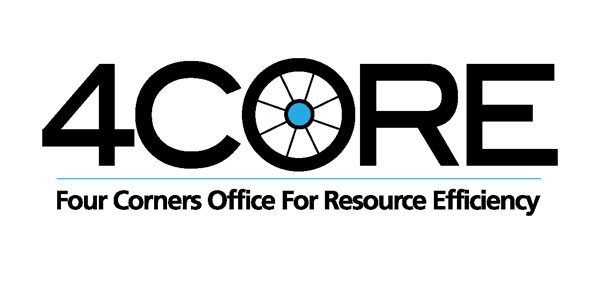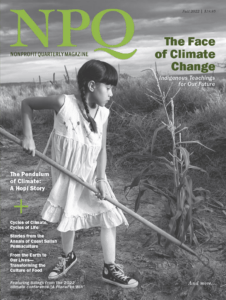
October 6, 2017; Durango Herald
The Trump administration’s proposed funding cuts have forced nonprofits that receive public dollars to look at options like eliminating programs and looking for other funding sources. Energy programs have been hit particularly hard; the Trump administration has proposed an 80 percent cut to the Environmental Protection Agency’s (EPA) Environmental Justice program.
“We’re seeing a lot less grant opportunities,” said Laurie Dickson, executive director of the Four Corners Office for Resource Efficiency (4CORE). “It’s a change.” 4CORE has promoted renewable energy and other energy efficiency programs in Southwest Colorado since its launch in 2008. The EPA’s Environmental Justice funding helped 4CORE provide solar energy to 61 low-income households, each saving approximately $5,000 a year in utilities. 4CORE also reports a total of $987,337 received through the Colorado Energy Office’s Low-Income Weatherization Grant in partnership with the US Department of Energy for weatherization to save energy. Energy-efficiency improvements and renewable energy systems, along with programs to encourage the use of electric vehicles, have prevented the emission of an estimated 3,905 metric tons of carbon dioxide from being released into the atmosphere.
Sign up for our free newsletters
Subscribe to NPQ's newsletters to have our top stories delivered directly to your inbox.
By signing up, you agree to our privacy policy and terms of use, and to receive messages from NPQ and our partners.
Moreover, as the Department of Energy has stopped cheerleading for renewable energy and returned to supporting fossil fuels, Dickson reports that she has been counseled to avoid using the term “climate change” when she applies for whatever public grants may still be available. Lastly, 4CORE has seen a complete staff turnover at the public agencies, and there is concern that the new people won’t know the nonprofit’s work.
Dickson began planning for changes early in 2017, considering approaching local funding sources that had not been put to use much in the past. They do not want to jettison programs; the Durango Herald notes that nearly 30 percent of all families, a total of roughly 7,200 households in La Plata County, spend 30 percent of their income on utilities. Getting these costs down is an imperative. So there is a lot of work to do.
“Energy efficiency isn’t real sexy,” Dickson said. “It doesn’t have the same sort of emotional appeal, and yet the stories we hear is that it does make big changes in people’s lives.”—Marian Conway













